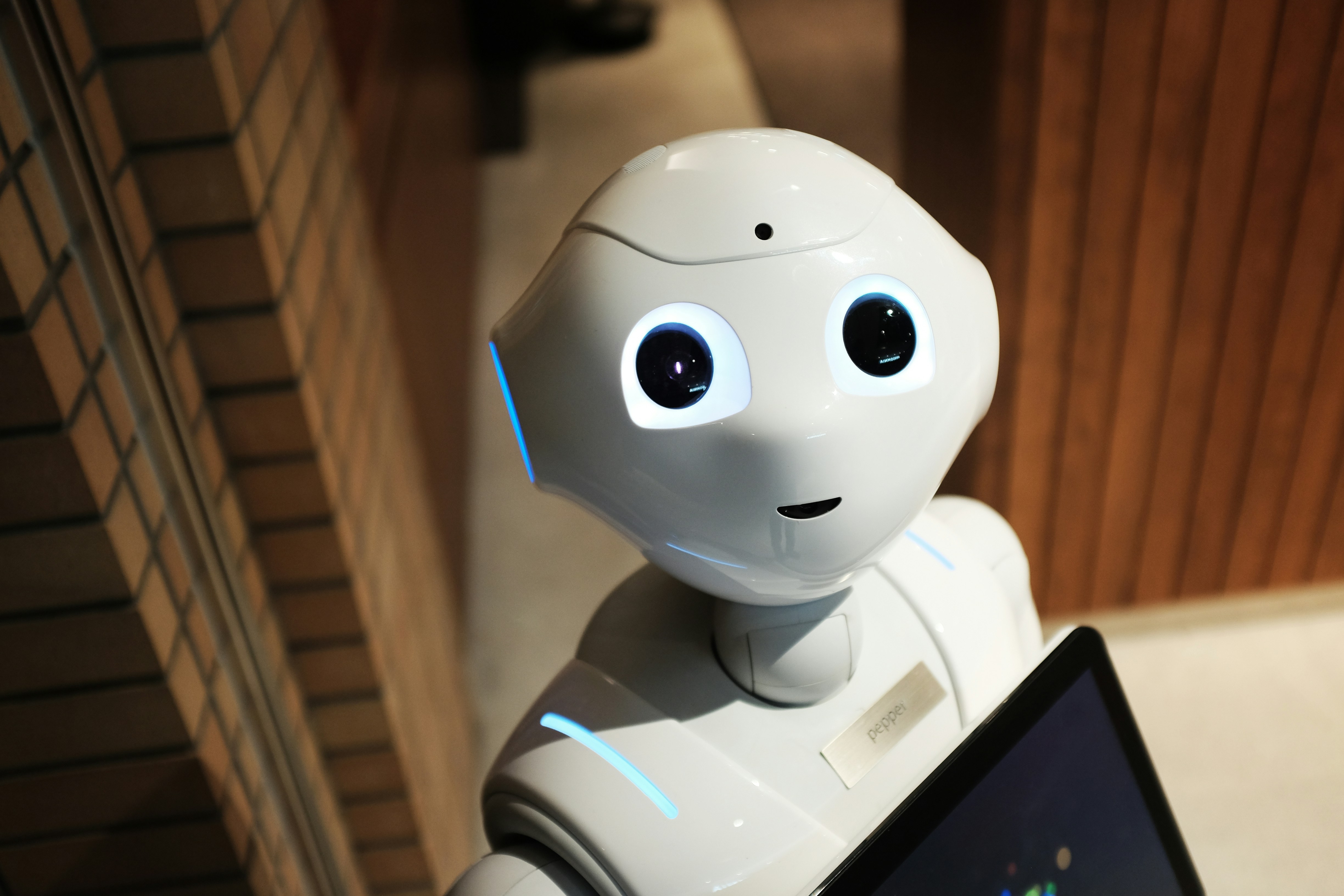Stereotypes over simplify and perpetuate harmful biases. Ruha Benjamin notes that:
"the term "stereotype" offers a useful entry point for thinking about the default settings of technology and society." (Benjamin, 2019:63–64)
Highlighting how racism and other biases can be automated. Tools like HireVue (HireVue, 2024) can discriminate in hiring by mirroring creators’ assumptions (Good Work, 2025).
Technology is not neutral; it encodes societal biases. As a UX designer, I must challenge these defaults, designing inclusive experiences that respect diverse users. By exposing and addressing automated biases, we ensure technology empowers rather than harms, bridging the gap between ethical responsibility and digital innovation.
Statement of Intent
I plan to create a 1-3 minute Hope-Core video using Premiere Pro in a 9:16 aspect ratio, featuring interviews where people answer, "What is work in a digital world?" My blog posts and video will explore this theme, offering a hopeful perspective through uplifting visuals, inspiring music, and positive messaging. Inspired by the Hope-Core trend, the project counters dystopian narratives with optimism. Hopecore content aims to inspire, comfort, and remind people of humanity’s capacity for growth and kindness. Research includes Instagram reels, YouTube, and in-person interviews to ensure authenticity and relevance. This project aims to inspire resilience and reflection on digital work’s impact in a rapidly evolving world.
References:
Photo of a white robot near brown wall by Alex Knight on Unsplash.
Benjamin, R. (2019) Race after technology: Abolitionist Tools for the New Jim Code. Cambridge: Polity, pp. 63–64.
Benjamin, R. (n.d.) Ruha Benjamin. Ruha Benjamin. [Online] https://www.ruhabenjamin.com/.
Good Work (2025) Why are we doing these stupid ‘self-recorded’ job interviews? YouTube. [Online] [Accessed on 19th February 2025] https://www.youtube.com/watch?v=wKWno9cRA8E.
HireVue (2024) HireVue. Hirevue.com. [Online] https://www.hirevue.com/.
